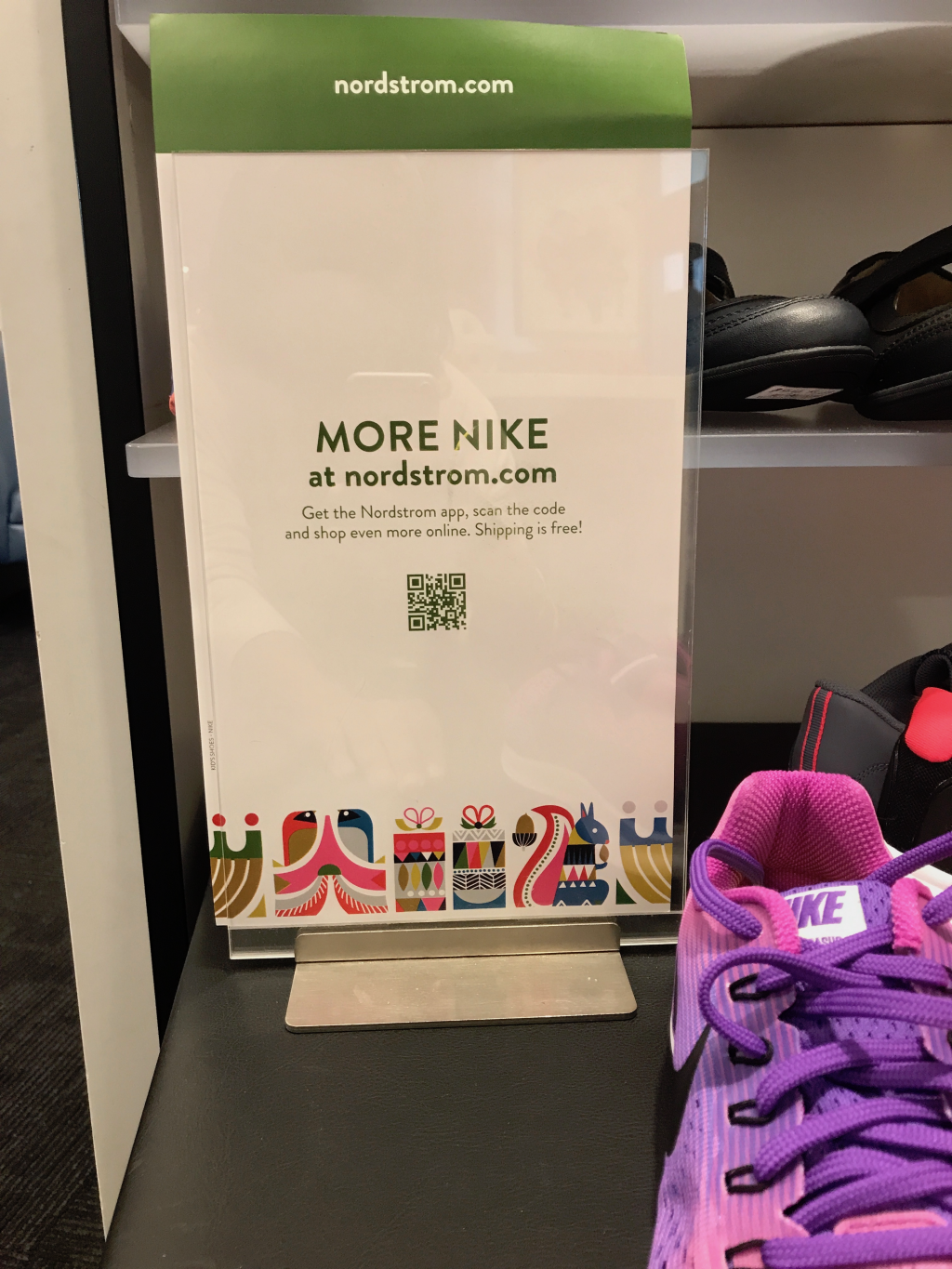
Created by: OnlineITDegree.net
The term digital divide has been associated with African-American’s lack of access to the Internet and other technology resources for years. But as time has passed the definition has shifted with different factors contributing to the gap.
Historically African-Americans haven’t had adequate access to the fast changes in technology. But several reports today indicate African-Americans are the leading race online and on social networking sites. It’s clear there have been improvements, but access may no longer be the primary issue.
“The primary concern used to be that some people weren’t able to get online or didn’t know how to use computers,” says Jon Gosier, founder of tech company metaLayer and GosTalk.tv. “Although that is still a concern, the real problem is that although minorities tend to over trend as digital consumers, they are almost non-existent when it comes to production.”
It isn’t solely lack of access to physical resources that make up the digital divide. It includes literacy, business, and the technology ecosystem as a whole.
“African-Americans need to figure out how we can begin participating in the ecosystem,” Gosier says. “I think it’s possible in our generation to begin showing a different narrative about minority creators of technology.”
Although, there are many different elements that have been added to the definition of the digital divide, Howard University new media professor, Ingrid Sturgis believes that access is still one of the biggest issues the black community faces.
“African-Americans still do not have access to some of the basic tools like Internet,” Sturgis says. “Broadband is still very expensive and it can cost hundreds of dollars just to have the everyday communication resources you need.”
Sturgis says it is due to the lack of access that some African-Americans don’t have the basic technology skills they need to succeed in the digital age.
“Because some people haven’t been exposed enough or at all to technology, they simply don’t know how to use it, Sturgis says.”
As African-American continue to figure out ways to close the technology access and literacy gap, some say online education could be key.
“The ability to get high quality resources and content for low cost over the Internet provides African-Americans with more opportunities,” says tech entrepreneur Gossy Ukanwoke. “The gap can certainly be filled through collective efforts of sensitization, teaching, and provision of opportunities upon graduation from online universities.”
Ukanwoke is very optimistic about how online education can impact the black community. He started his own online university, Beni American University, providing education to Africans that are unable to receive a traditional college education because of lack of facilities and or money.
“Online education provides a cheaper, but quality education,” Ukanwoke says. “It also provides a comfort zone for Blacks and other minorities while building online communities globally.”
As the conversation continues about how to close the digital divide, Gosier says getting African-Americans interested in technology will be crucial.
“To do anything about the digital divide, regardless of whether we’re talking about access or production, we need to nurture a culture of appreciation for tech,” Gosier says. “We need to create an enabling ecosystem.”
See what people around the web are saying about the digital divide:



